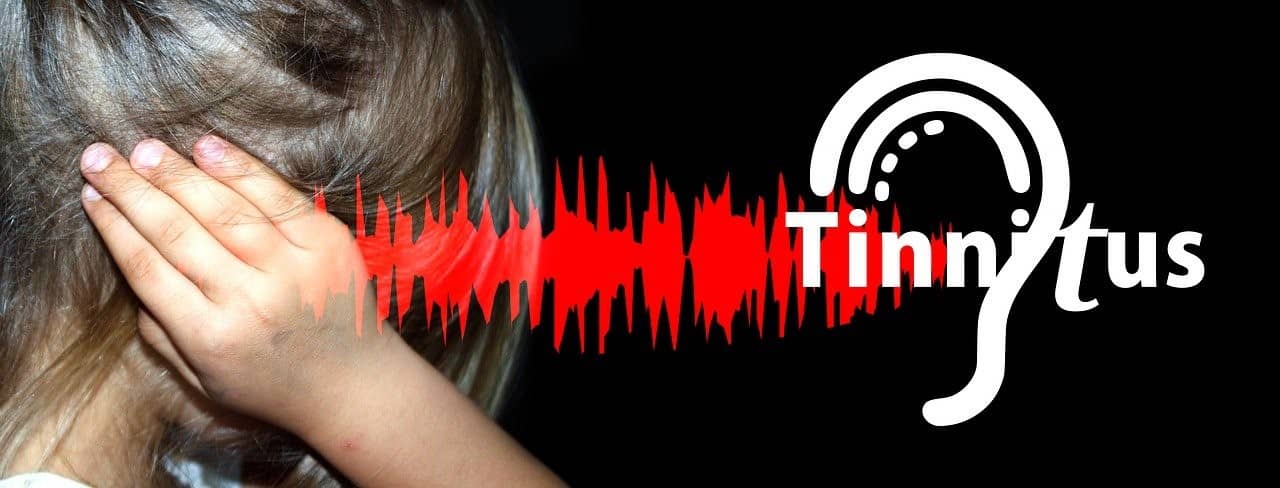Understanding Tinnitus: Causes, Symptoms and Treatment

Have you ever experienced hearing a ringing, buzzing, hissing or other sounds in your ears that seem to have no external source? If so, you might have tinnitus, a condition that is much more common than we might think. In fact, according to the American Tinnitus Association, about 15% of the global population experiences tinnitus to some degree, with 20 million Americans experiencing chronic tinnitus.
What is Tinnitus?
Tinnitus is a condition that causes individuals to hear sounds in their ears or head that are not externally audible, making it a type of phantom sound. This condition can be caused by a variety of factors, including damage to the ear due to overexposure to loud noise, ear infections, or other conditions affecting the ear.
However, tinnitus does not necessarily originate in the ear but rather in the brain’s auditory cortex. It is due to the brain’s interpretation and processing of signals received from the ear. Essentially, every person hears tinnitus to some extent, but the brain actively suppresses this information to focus on more important sounds.
Despite this, in certain circumstances, such as a soundproof room or ear infection, a person may begin to experience noticeable noise associated with tinnitus.
Tinnitus and Mental Health
People suffering from anxiety, depression or other conditions that affect mental health are particularly susceptible to tinnitus. This is because the emotional reactions that individuals have to tinnitus can create a negative feedback loop that can make the noise louder and more prominent. Essentially, when people with tinnitus feel emotional reactions to the noise, the brain interprets them as important, making it a continuous cycle that can be challenging to break.
It is therefore crucial to understand how tinnitus works in the brain before seeking treatment.
How to Manage Tinnitus
To manage tinnitus, it is essential to get checked out by a doctor to rule out underlying causes before seeking treatment, which can vary from one person to another.
Contrary to popular belief, only 0.5% of people have tinnitus that significantly impacts their daily lives. So, it is not always a permanent condition, and various treatments can help manage the symptoms.
Masking and Distraction
One common method for managing tinnitus is called masking. This involves attempting to mask the ringing sound in the ears by turning up the radio or watching TV. However, this method does not work for everyone and is not meant to overcome tinnitus completely. Instead, the purpose of masking is to distract the brain from abnormal noises by focusing on real noises.
Distraction techniques may vary from person to person, but the key is to find something that distracts the brain and provides relief, such as playing computer games or browsing the internet. Additionally, active noise cancellation headphones can also help since they play the same tinnitus noise outside of the ear, which can decrease the brain’s focus on the internal noise.
Relaxation Techniques
Relaxation techniques, like meditation and self-awareness, can also help alleviate tinnitus symptoms. While some methods such as flicking the back of the head, massages, or using different lotions may not show conclusive evidence, they are potentially worth trying. The placebo effect could ultimately lead to a 20% reduction in symptoms.
Specific Treatments
If masking and relaxation techniques do not adequately manage your tinnitus symptoms, various other treatments may be worth trying, depending on the severity of your condition. These include methods such as repetitive transcranial magnetic stimulation (RTMS), which uses magnetic power to influence the brain’s neuronal chemistry. Lidocaine patches can also be effective in blocking out tinnitus noise, but they have a risk of heart problems when injected, so it’s essential to get proper medical advice before opting for this type of solution. Furthermore, a medical therapy called 180 phase reduction and an app called “sound frequency generator” can both help cancel out tinnitus by creating an equal and opposite sound.
If you suffer from reduced hearing, getting a hearing aid may help stimulate your brain and reduce tinnitus, even if you don’t have significant hearing loss.
Conclusion
The pervasiveness of tinnitus can be challenging to deal with, but the good news is that many people recover from it successfully, so there is hope for you too. If you’re experiencing tinnitus symptoms, it’s always best to get checked out by a doctor to rule out any underlying conditions and determine the safest and most effective treatment option for you, depending on the severity of your symptoms.

